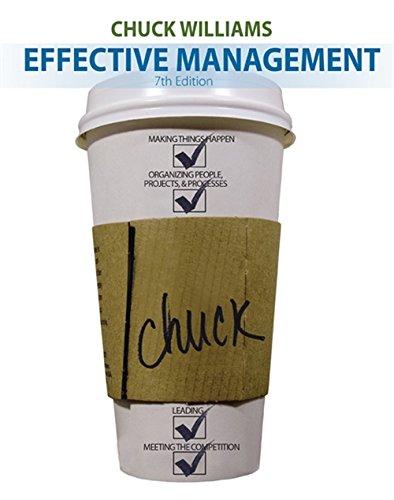Question
Founded in 1956, Akin Tekstil is a textile manufacturer with production facilities at three different locations in Turkey. The company's activities cover different stages of
Founded in 1956, Akin Tekstil is a textile manufacturer with production facilities at three different locations in Turkey. The company's activities cover different stages of the textiles value chain, from the spinning, weaving, dyeing and finishing of fabrics to the contract production of finished garments. Its portfolio of technical textiles includes the supply of fabrics for seating and soft furnishing on aircraft, vessels and hotels while its flame retardant textiles and clothing are used in industries such as steel, petrochemical, motor-racing and defence. In addition to this a key part of Akin Tekstil's business is its involvement in the supply of fabrics to the fashion industry and the production of finished garments for various leading American and European brands. To en- sure that its fabrics are chosen by designers it is important that the company is visible at leading international events in the fashion industry, including Premire Vision. Premire Vision is an important trade fair in the clothing fabric industry. Although started by French fabric weavers in 1973, by 2004 almost 50 per cent of its 700 exhibitors were Italian, this country being the source of most fabric innovation. Exhibitors are selected to participate in Premire Vision based on their product quality, creativity and financial position, with such exclusivity suggesting that those who do participate are the best producers. To maximize value for exhibitors and visitors Premire Vision orchestrates the contribution of participants so that the show acts as a collective marketing instrument for leading producers. Months be- fore a fair takes place Premire Vision engages creative experts to identify emerging social trends which are then translated into new ideas for fabrics and clothing. Meetings are organized by Premire Vision involving members of trade associations from the various stages of the clothing supply chain and complementary prod- ucts (accessory producers) as well as leading companies, whose influence is such that they are able to start their own trends. Being part of the group of experts is prestigious and those organizations invited to join often feature this in their promotional material. The meetings result in agreement among the clothing industry rep- resentatives on common trends, thus ensuring consistent themes in the presentation of designs at the show and greater buyer compatibility because of the reduced variety in collections. The trends are then communi- cated to all firms selected as exhibitors via workshops and the distribution of material combining directions for innovation (e.g., colour cards, trend books, digital content). This guidance is used by textile companies to present their collections to show visitors (buyers), and the collections are expected to reflect the trends agreed by the expert groups. In addition to producer exhibits, Premire Vision makes creative use of materi- als to display new trends in specially equipped 'trend areas'. Fair visitors might spend hours or even a whole day examining the trend areas for inspiration for new product development, seeking potential new suppliers or confirming the creative and technical skills of existing partners. An important facet of such a show is the ability to touch, feel and inspect fabrics and patterns as this helps imagine new clothing products that could be created with the fabrics. As well as buyers and product designers, the show attracts other types of visitors including competing fabric SAGE Ross Brennan, Louise Canning and Raymond McDowell 2014 SAGE Business Cases Page 3 of 4 Being Fashion Smart: The Textiles Industry at Premire Vision producers not selected to participate in the show; suppliers and manufacturers of related products (textile or yarn equipment; shoes and handbags); designers from other industries (cosmetic, automotive, home fur- nishing); and representatives from advertising agencies and market research firms, as well as journalists. For the exhibitors themselves the presence of such large numbers of 'atypical' visitors means that the synthe- sized trends achieve worldwide visibility and recognition, and their collections are imitated instantaneously. Exhibitors might try to make imitation difficult for visitors by not showing products or using fake products in displays, or admitting only selected visitors known to their sales force. However, for many participants the gains in reputation from being part of the exhibition outweigh the risks of imitation.
Discussion Questions
Assess the value to Akin Tekstil of participating in Premire Vision.
Step by Step Solution
There are 3 Steps involved in it
Step: 1

Get Instant Access to Expert-Tailored Solutions
See step-by-step solutions with expert insights and AI powered tools for academic success
Step: 2

Step: 3

Ace Your Homework with AI
Get the answers you need in no time with our AI-driven, step-by-step assistance
Get Started


